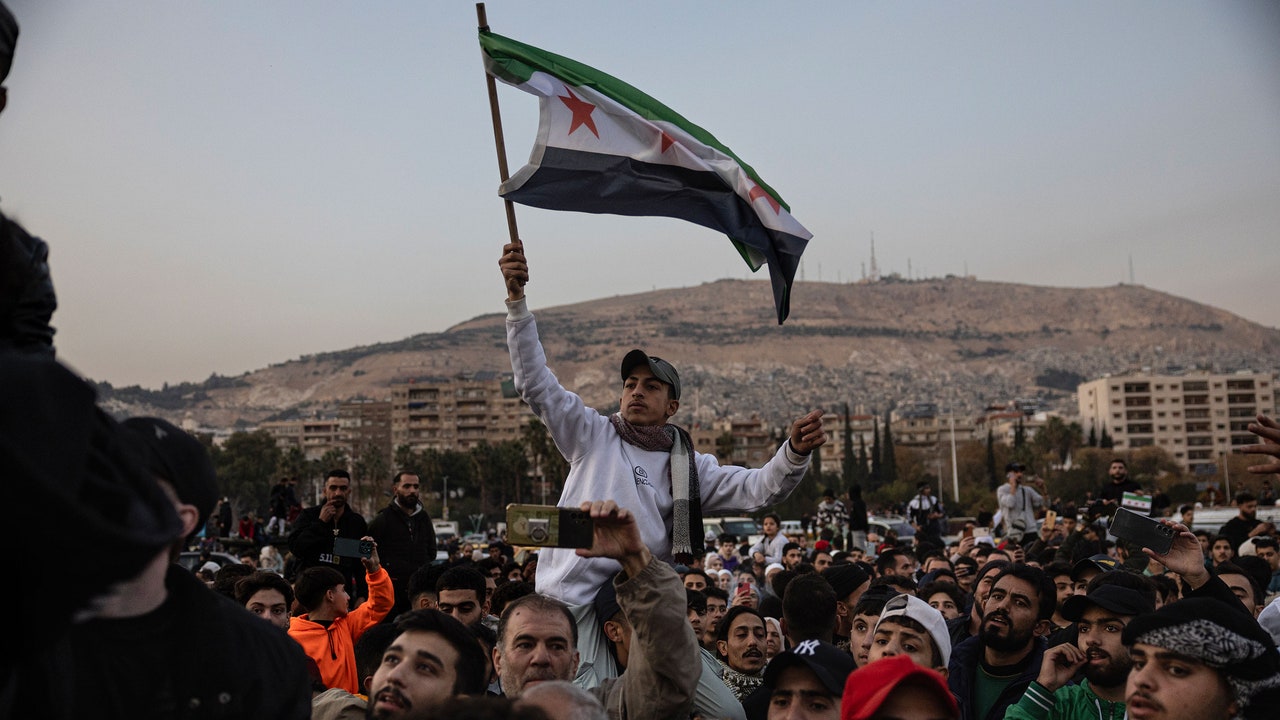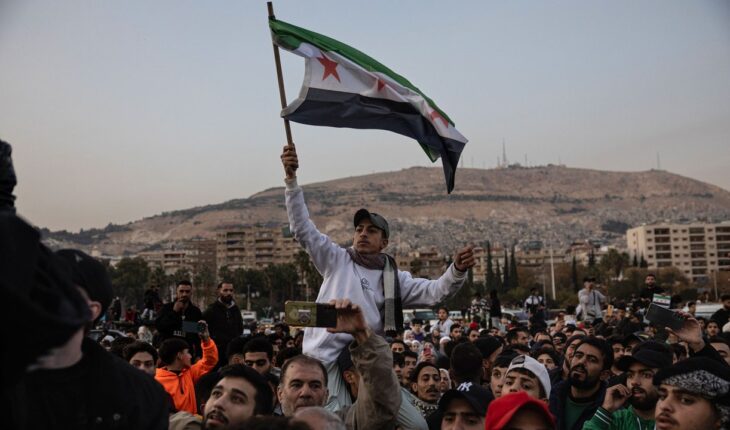
But I could not neglect Syria and I felt an enormous sense of guilt. After an estimated 340 chemical weapon attacks by Assad on his own people, as many as 620,000 documented dead, tens of thousands of air strikes, more than 5 million refugees, and over 7 million internally displaced, Syria had assumed a level of collective pain and loss that was monumental. To try and keep Syria in the narrative, I wrote two books about the country, one focusing on the Assads’ state terror against civilians, the aforementioned The Morning They Came for Us, and The Vanishing, about the plight of Christians living in Syria and across the Middle East. As I roamed through the region, filling notebooks, sitting cross-legged through countless interviews, I tried to give voice to individuals who had endured an inordinate amount of torment.
Today, there is so much joy, but, at the same time, grave apprehension. The great BBC journalist Frank Gardner, an Arabist who knows the nuances of the region better than almost anyone, has said that what he feared was Tha’r (vendetta killings or revenge), which he had witnessed in Yemen. Syria could easily falter. It is a crushed country with an economy in tatters that could become what some refer to as a failed state. The mass of refugees crowding the highway between Syria and Lebanon will find a difficult transition: going home to a scorched-earth landscape after years of living outside their homeland.
There are deep concerns about the victorious Islamist rebel group, Hayat Tahrir al-Sham (HTS), and its leader, Mohammed al-Jolani. So far, al-Jolani has said all the right things diplomatically and has essentially rebranded himself in the fashion of Daniel Ortega, the Nicaraguan guerilla leader who became president. But many wonder if HTS will abandon its somewhat moderate tone and revert to strict jihadist principles. The religious underpinnings of this “new Syria” are of acute significance in a nation whose people are fragmented along ethnic and religious lines: Sunnis, Shias, Alawites, Christians, Kurds, Jews, and Druze. Will they be protected? The Vanishing, for instance, examined the fear that the Christian communities in Aleppo felt living under Islamists.
Even though this is a moment of promise for the Syrian people, all are waiting to see what kind of government will be formed. How can institutions be erected in a vacuum? How can meaningful support structures—social, economic, cultural, governmental, and financial—be assembled for a populace so disparate and so deeply traumatized? Al-Jolani must quickly establish a rule of law to avoid the chaos and extreme bloodshed that occurred in 2003 when Iraq’s Saddam Hussein fell. I have seen so many postwar nations fail: Bosnia, Iraq, Afghanistan, Libya. Even Egypt, in the wake of the euphoria of Tahir Square, is a shadow of its former self. Syria must not go the way of Libya.
The next few weeks and months will be crucial. The risk of al-Qaeda and ISIS trying to take advantage of the disruption is a reality, largely because the north of Syria is complicated. The Turks, for one, have long battled the Kurds, and yet Kurdish groups are now in charge of securing the prisons that hold members of ISIS. What happens if ISIS inmates break out of those facilities? This will be just one regional priority that will occupy America’s incoming foreign policy team, which will be taking its orders from Donald Trump. This past weekend, in reference to Syria, he insisted unequivocally in a social media post: “THIS IS NOT OUR FIGHT.” That was the day before President Joe Biden ordered what he described as “precision strikes” against 75 ISIS targets in the country—demonstrating that, at least when it comes to ISIS, Syria remains very much a part of America’s fight. (There are currently some 900 US troops in the country, concentrating on the ISIS threat.)
For our team at the Reckoning Project, the focus as always, of course, will be on civilians. The voices of the desperate—those emerging from the hell of Assad’s prisons, many of whom were kept underground for years—will need to be recorded. At the very least, we must honor them, memorialize them, and listen to them. Communities will be rebuilt and social cohesion restored. But all of this will happen in the shadow of the regime and its allies, who turned much of this country into a graveyard. We must never forget the darkest days of Aleppo, of Daraya, of Homs—so that they never happen again.
And we must celebrate. Yes, a little more than a decade after the triumphs—and failures—of the Arab Spring, there have been grave debacles. But the truth is, many of the dictators are gone: Tunisia’s Ben Ali, Libya’s Gaddafi, Iraq’s Hussein, Egypt’s Mubarak, and now Syria’s Assad. Once or twice in a lifetime, you witness seismic events that shift geopolitics forever. That happened last weekend in Damascus. The future is now in the hands of the Syrian people.





